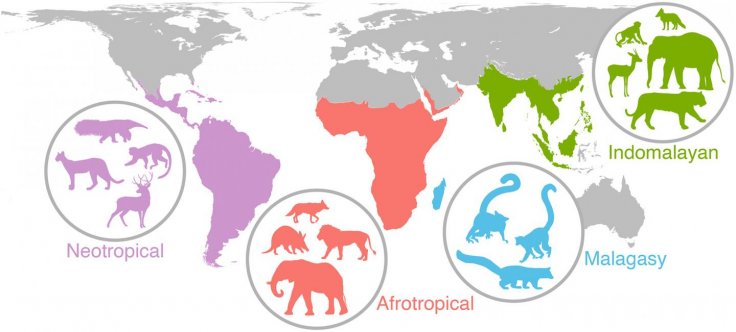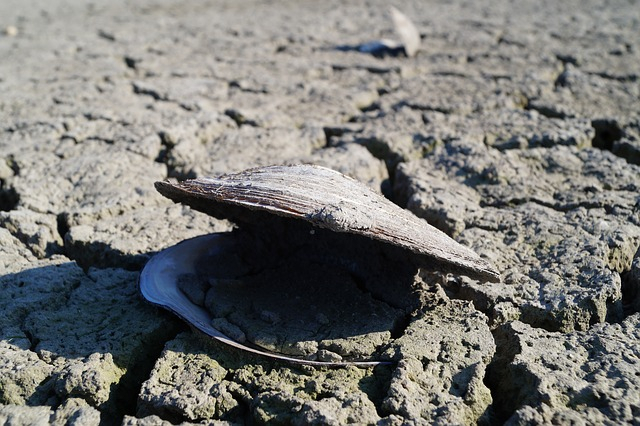Researchers have discovered that events from 20,000 years ago are still impacting the diversity and distribution of mammal species worldwide, in a first of its kind on biodiversity and climate change in the past and its links with the present events.
The authors, after analyzing data for over five years about the diets, body sizes and variety of species in 515 mammal communities -- each with multiple species -- in the tropical and subtropical regions of the Americas, Africa and Asia. Separate statistical analyses were conducted for each community to determine how well recent and ancient events -- both climatic and human -- could account for present-day diets, body sizes and species variation.

"Our study shows that mammal biodiversity in the tropics and subtropics today is still being shaped by ancient human events and climate changes," said study lead author John Rowan of the University of Massachusetts Amherst. "In some cases, we found that ancient climate or human events were more important than their present-day counterparts."
Anthropogenic climate change
The research has been published online in the Proceedings of the National Academy of Sciences. Study co-author Lydia Beaudrot of Rice University said the study findings answer many questions ecologists face about how anthropogenic climate change and other human impacts will affect biodiversity this century.

"As an ecologist, I'm typically focused on the present day, but this study demonstrates the importance of interdisciplinary research for advancing science," she said. "When ecologists, paleoecologists and anthropologists combine forces, we can generate and test more complex and interesting questions that generate surprising new findings."
The study also found that ancient human events were also still reflected in mammal biodiversity patterns such as the most large-bodied mammals in South America that went extinct when humans first appeared on the continent about 12,000 years ago. "When you're looking at what explain mammal communities today in the Neotropics, these historical human impacts are a better predictor than current or past climate," she said.








